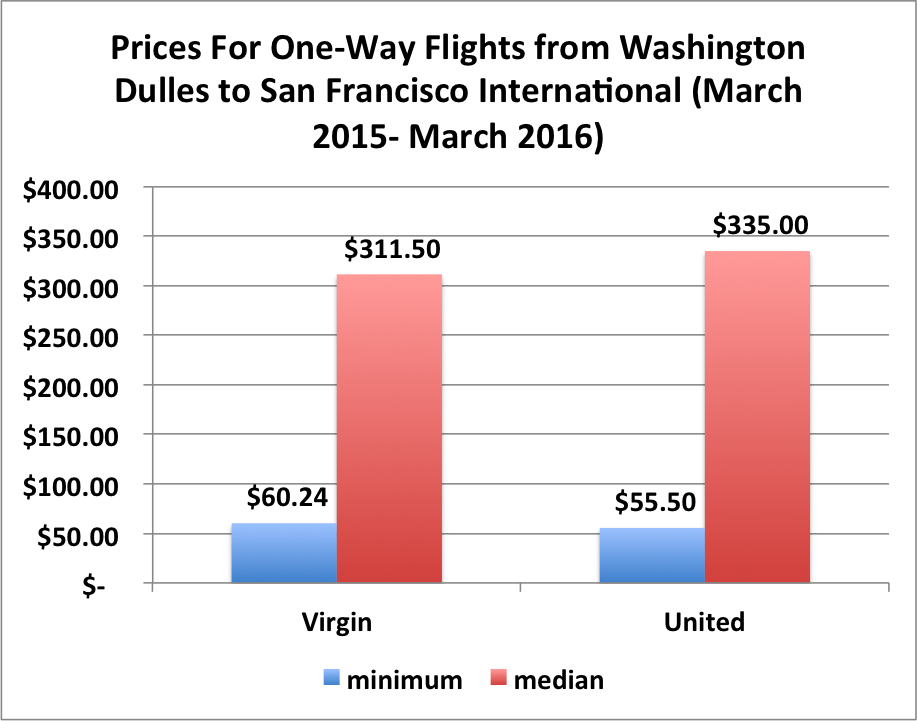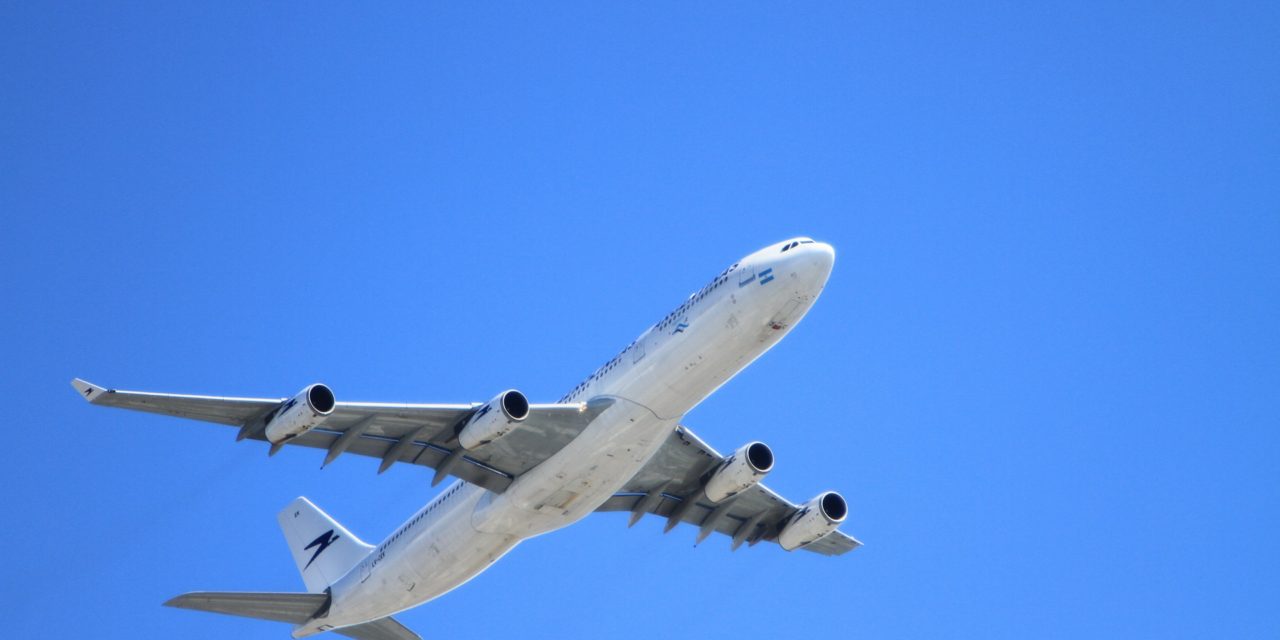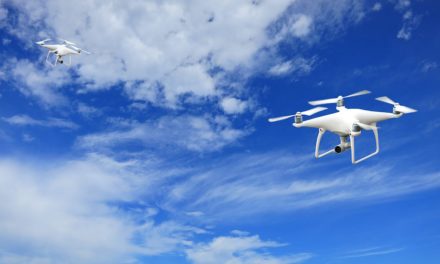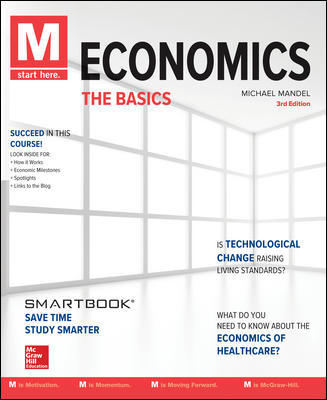October 2016:
Anyone who has ever flown on a commercial airline knows how much ticket prices can fluctuate. This past summer I booked a vacation to Colombia a few months in advance and managed to find one-way tickets for only $150. But, when a family emergency forced me to leave the country early, I ended up paying over $850 for a last-minute ticket to fly the same route in reverse.
Why such a steep difference in price for what was essentially the same good—a seat on a flight between two cities? And will Internet services such as Google Flights help narrow the gap?
The difference in prices are due to a practice known as an advance purchase discount. An advance purchase discount is a form of price discrimination, which refers to the act of selling the same good or service to different consumers at different prices. Airlines capitalize on the fact that business travelers often have inflexible travel dates and frequently need to book last-minute by raising prices a few days in advance of a flight. But they also offer cheaper tickets in advance and via certain budget-traveler-oriented websites, realizing that more cost-conscious travelers are more likely to put in time and effort to find a good deal.
Consider the wide range of prices customers paid for one-way restricted coach nonstop tickets from Washington, DC’s Dulles airport to San Francisco International Airport on two major airlines over the past year, as seen in Figure 1 below.
FIGURE 1

Source: www.flightaware.com/insight
That’s right—according to the data, some people paid as little as $55 for their ticket, while half the passengers paid more than $300. And the price went up even higher–on November 22, 2016, two days before Thanksgiving, the price to book a nonstop coach ticket from DC to San Francisco the next day was $850 to $900. Last minute flights can be quite expensive!
In part, airlines can charge different prices to different customers because of natural differences between business travelers and vacation travelers, and people who need to change their plans at the last minute versus those who book ahead. But airlines also take advantage of incomplete information. If all customers knew exactly where and when to find the best deals, it would be harder for airlines to charge such disparate prices.
A variety of tech companies are trying to remedy these information inequalities by helping consumers easily compare different airlines’ prices. Sites like Kayak, SkyScanner, and Expedia, allow customers to compare prices between different airlines, different days, and even to set up email alerts so that they will know if, for some reason, ticket prices drop. Some charge a small fee for their service, but all aim to help consumers make more informed decisions.
Google’s Flight application has gone a step further, with its new predictive pricing tool. Recognizing that those aforementioned market researchers typically change ticket prices according to longstanding patterns, Google has aggregated historical data in order to predict when prices will increase and decrease. Now, when you search for a ticket for a specific route, you can see not only the different prices offered by different airlines on different dates, but also estimates of when those prices might change. This wealth of information allows customers to not only choose the cheapest airline, route, and flight date, but also to choose the correct time to purchase the product. It’s no wonder that a young professional friend of mine who travels frequently between New York City and her hometown of Nashville, Tennessee describes Google Flights as a “game changer”—a massive improvement over other ticketing apps that has saved her an enormous amount of money.
by Adam Lerner
Note: This textbook-based blog is explicitly non-political. We analyze current events for the beginning economics students without imposing our own views on the topic.
Key Terms
Advance purchase discount
A reduced price given for buying in advance, so that prices differ according to when purchases are made.
Price discrimination:
The act of selling the same good or service to different consumers at different prices
Review Questions
Additional Reading



